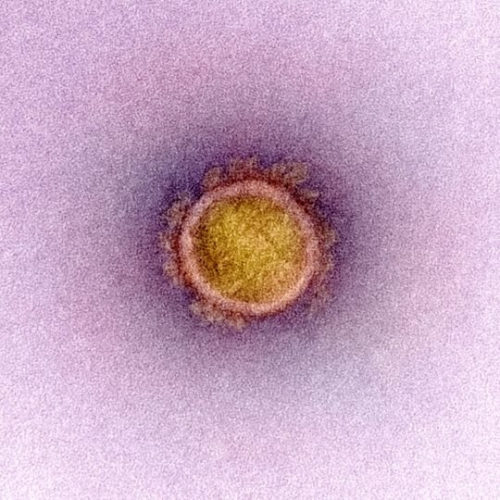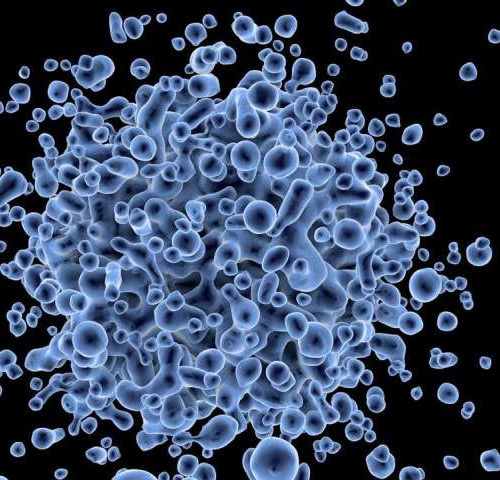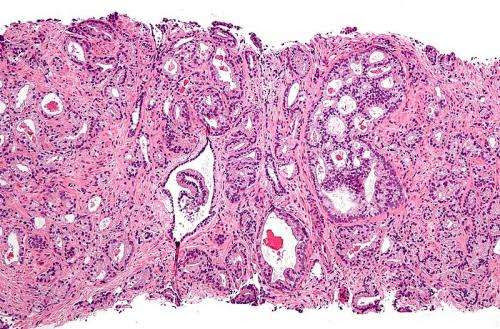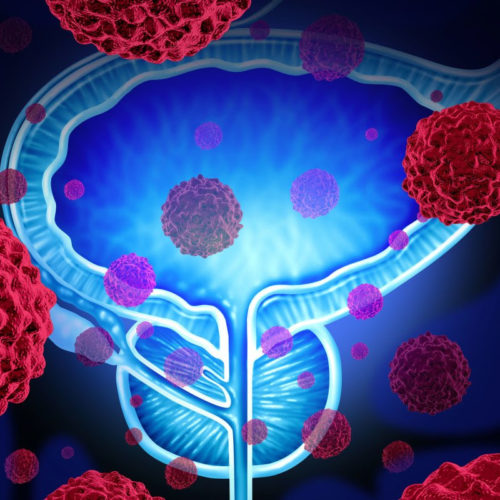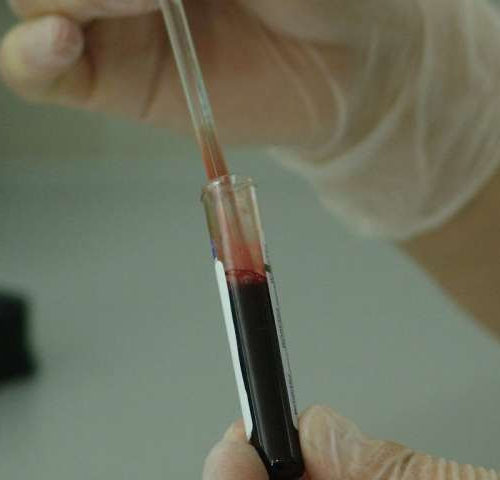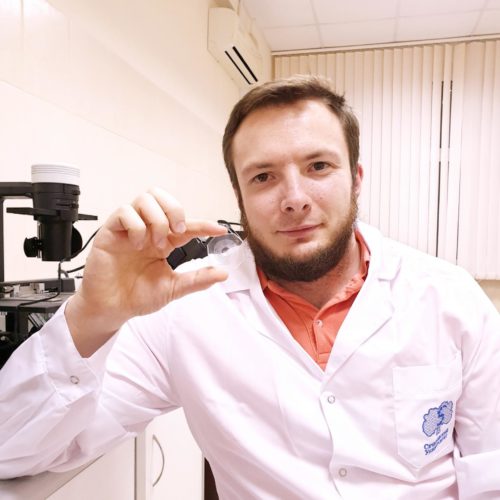Men are more susceptible to COVID-19. However, those who have cancer are even more vulnerable as they face a 1.8-fold increased risk of COVID-19 infection compared to the whole male population. Men with cancer also develop more severe symptoms and are harder to treat. However, a new study at the Università della Svizzera Italiana and...
Tag: <span>Prostate cancer</span>
Breast cancer drug slows prostate cancer progression in major trial
By Nick Lavars Scientists are reporting some promising findings from a large prostate cancer trial, where patients were administered a drug typically used to treat breast cancer. The drug proved more effective than standard hormone treatments at applying the brakes to the disease, with the scientists hopeful it can lead to approval this year of...
Drug reduces the risk of child sexual abuse
Technology Org Science and technology news Drug reduces the risk of child sexual abuse Posted Today A drug that lowers levels of the male hormone testosterone in the body reduces the risk of men with pedophilic disorder sexually abusing children, a study from Karolinska Institutet published in the journal JAMA Psychiatry shows. About one in...
New discovery explains how the prostate gland regenerates itself
by Memorial Sloan Kettering Cancer Center Micrograph showing prostatic acinar adenocarcinoma (the most common form of prostate cancer) Credit: Wikipedia The standard treatment for men with advanced prostate cancer is androgen-deprivation therapy. Androgens are hormones that fuel prostate cell growth; removing them with either drugs or surgery causes the prostate gland to shrink by 90%....
Specific gene predicts higher chance of surviving prostate cancer
by Johannes Angerer, Medical University of Vienna According to Statistics Austria about 5,600 men are diagnosed with prostate cancer in Austria every year, meaning it accounts for roughly a quarter of all cancers in men. For some the cancer develops slowly and requires minimal treatment, but others have aggressive forms of the disease which progress...
Prostate cancer study finds molecular imaging could transform management of patients with aggressive cancer
by Lancet Results from a randomised controlled trial involving 300 prostate cancer patients find that a molecular imaging technique is more accurate than conventional medical imaging and recommends the scans be introduced into routine clinical practice. A medical imaging technique known as PSMA PET/CT that provides detailed body scans while detecting levels of a molecule...
New diagnostic tools aim to catch aggressive prostate cancer early
By Rich Haridy Two newly published studies are presenting novel diagnostic techniques to help catch the most aggressive forms of prostate cancer at an early stage. A University of East Anglia study presents an innovative way to measure gene expression in tumor samples and predict disease severity, while an Australian study details a new kind...
Study reveals an inherited origin of prostate cancer in families
VANDERBILT UNIVERSITY MEDICAL CENTER Vanderbilt researchers have identified haplotypes, ancestral fragments of DNA, that are associated with hereditary prostate cancer (HPC) in a first-of-its-kind genomic study made possible by the study of prostate cancer patients with family histories of the disease. The researchers analyzed the Nashville Familial Prostate Cancer Study (NFPCS), in an investigation comparing...
Prostate cancer ‘fingerprint’ detected in blood sample
by University College London Scientists at UCL have invented a new test to identify the earliest genetic changes of prostate cancer in blood: a process which could allow doctors to see if cancers have spread, monitor tumour behaviour and enable better treatment selection. In the study, published in The Journal of Clinical Investigation, researchers at...
Chip for liquid biopsy will help to detect prostate cancer
SECHENOV UNIVERSITY Researchers of Sechenov University together with their colleagues from Australia used the microfluidics technology to develop a device able to isolate cancer cells from urine of patients with prostate cancer. The study showed high sensitivity and specificity of the new method in diagnosing prostate cancer. The results obtained were published in Cancers. Prostate...

